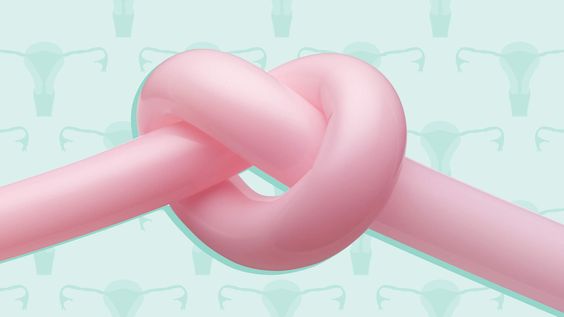Tubal ligation, commonly known as “having your tubes tied,” has long been considered one of the most effective forms of permanent birth control. However, the question still lingers in many minds: Can you get pregnant with your tubes tied? In this blog post, we’ll explore the intricacies of tubal ligation, the factors that can influence its success, and the instances where pregnancy can occur despite this procedure.
Understanding Tubal Ligation:
Tubal ligation is a surgical procedure that involves sealing, cutting, or blocking the fallopian tubes to prevent the passage of eggs from the ovaries to the uterus, where fertilization typically occurs. While it’s highly effective at preventing pregnancy, no contraceptive method is entirely foolproof.
Factors Affecting Tubal Ligation Success:
-
Type of Procedure: The method used for tubal ligation can influence its success rate. Procedures like the Essure system and Filshie clips have reported lower success rates compared to more invasive methods like salpingectomy (complete tube removal).
-
Age: Younger individuals may have a higher risk of tubal ligation failure, as the tubes can sometimes naturally regenerate or form small openings over time.
-
Surgeon’s Expertise: The skill and experience of the surgeon performing the procedure can impact its effectiveness.
-
Follow-Up: It’s essential to follow up with your healthcare provider to confirm that the procedure was successful through imaging or dye tests.
Pregnancy After Tubal Ligation:
While the risk is low, pregnancy can still occur after tubal ligation. Here are some scenarios where it might happen:
-
Tubal Regeneration: In rare cases, the fallopian tubes can naturally heal or create small openings, allowing sperm and eggs to meet.
-
Ectopic Pregnancy: In some instances, a fertilized egg may implant outside the uterus, typically within the fallopian tube. This can be life-threatening and requires immediate medical attention.
-
Incomplete Procedure: If the surgeon didn’t properly seal or block the tubes during the initial procedure, there’s a chance of pregnancy.
-
IVF Success After Tubal Ligation: Some individuals opt for in-vitro fertilization (IVF) if they desire pregnancy after tubal ligation, bypassing the blocked or severed tubes.
Conclusion:
While tubal ligation is highly effective in preventing pregnancy, it’s not entirely foolproof. The question, “Can you get pregnant with your tubes tied?” has nuanced answers, as various factors can influence the success of the procedure. It’s crucial to understand the options available if you desire to conceive after tubal ligation, such as IVF or tubal reversal surgery. Always consult with a healthcare provider to explore the best approach for your individual circumstances. Remember that no method of contraception is 100% guaranteed, and it’s essential to stay informed about your choices.

